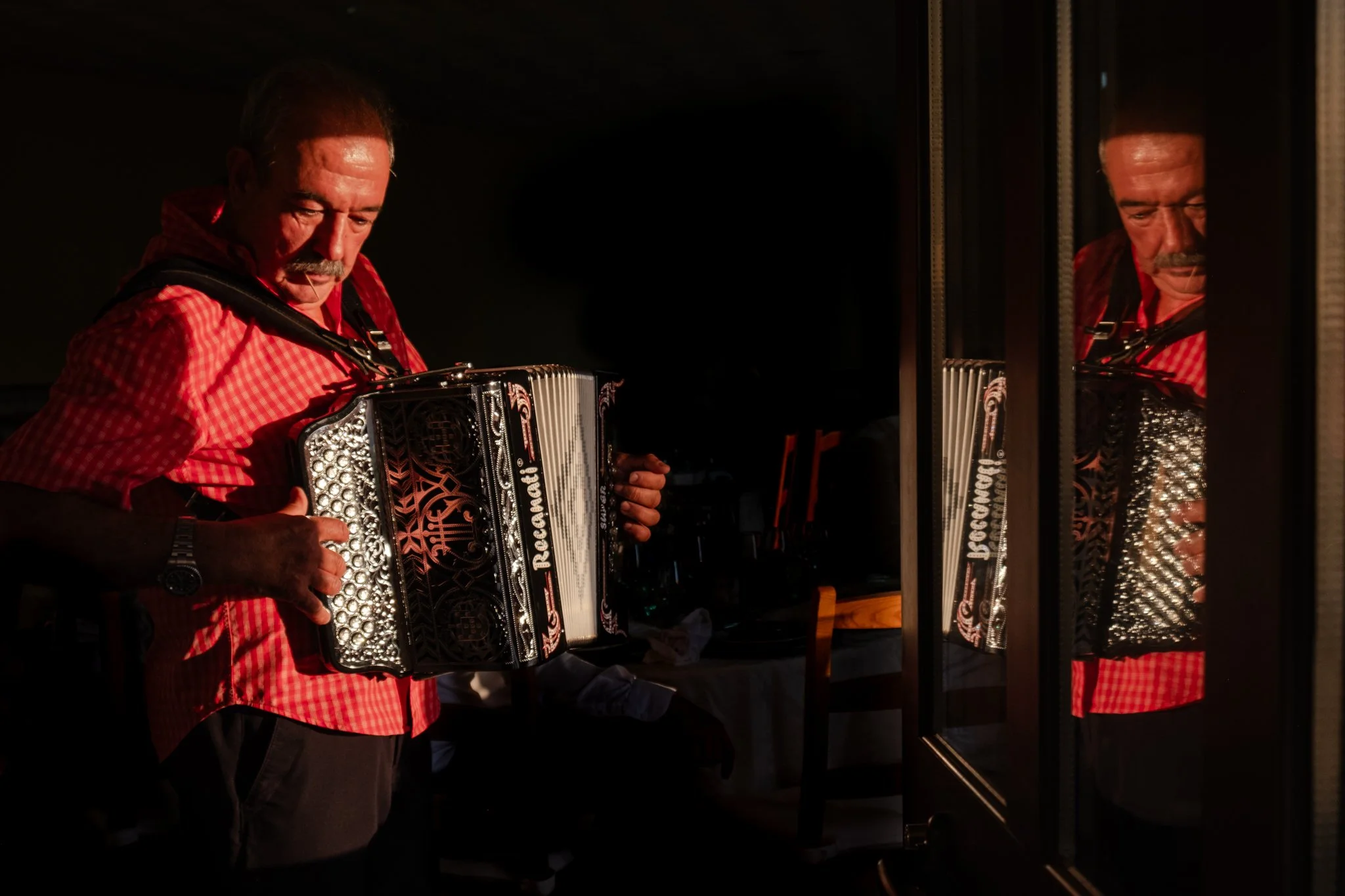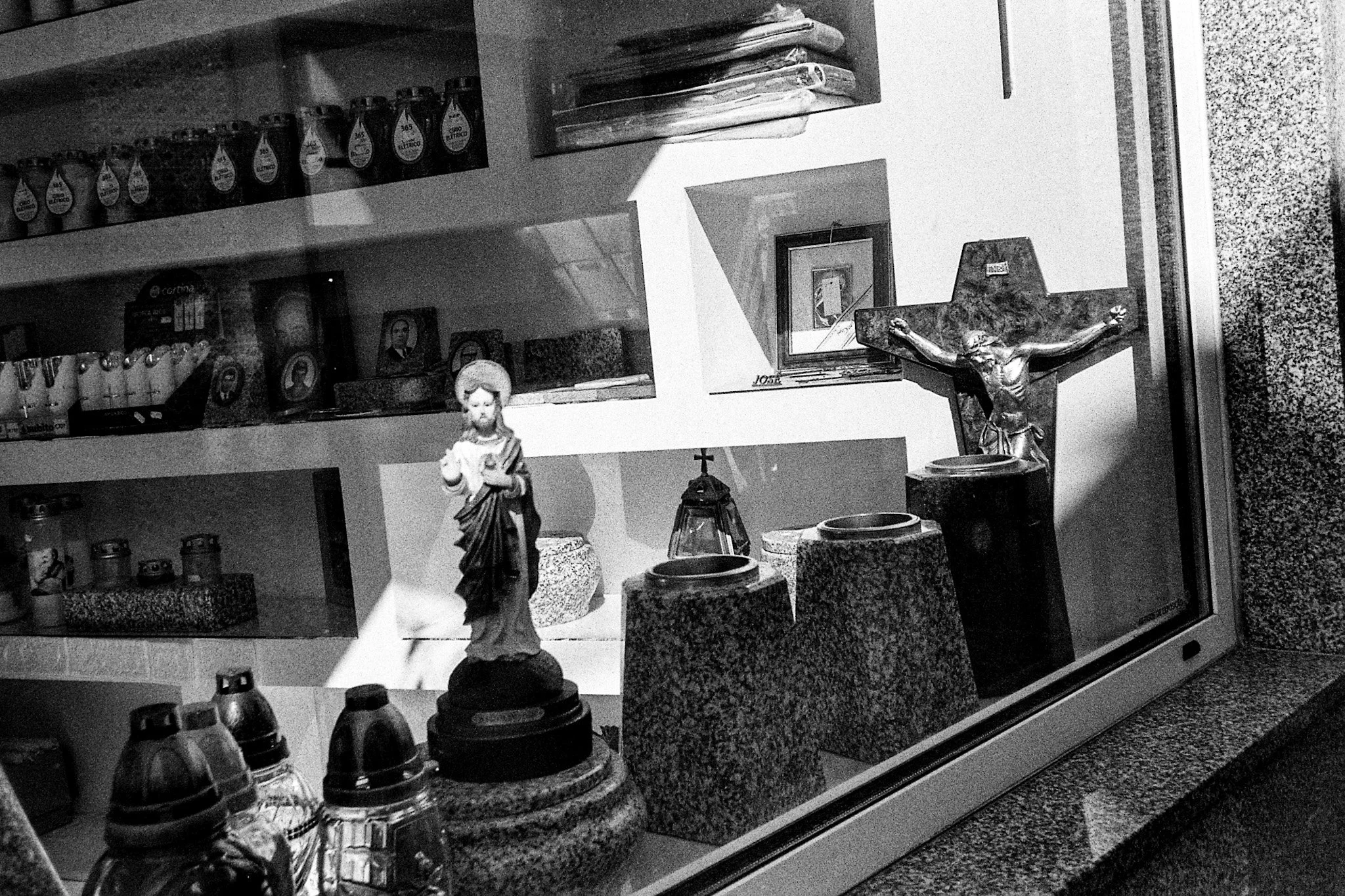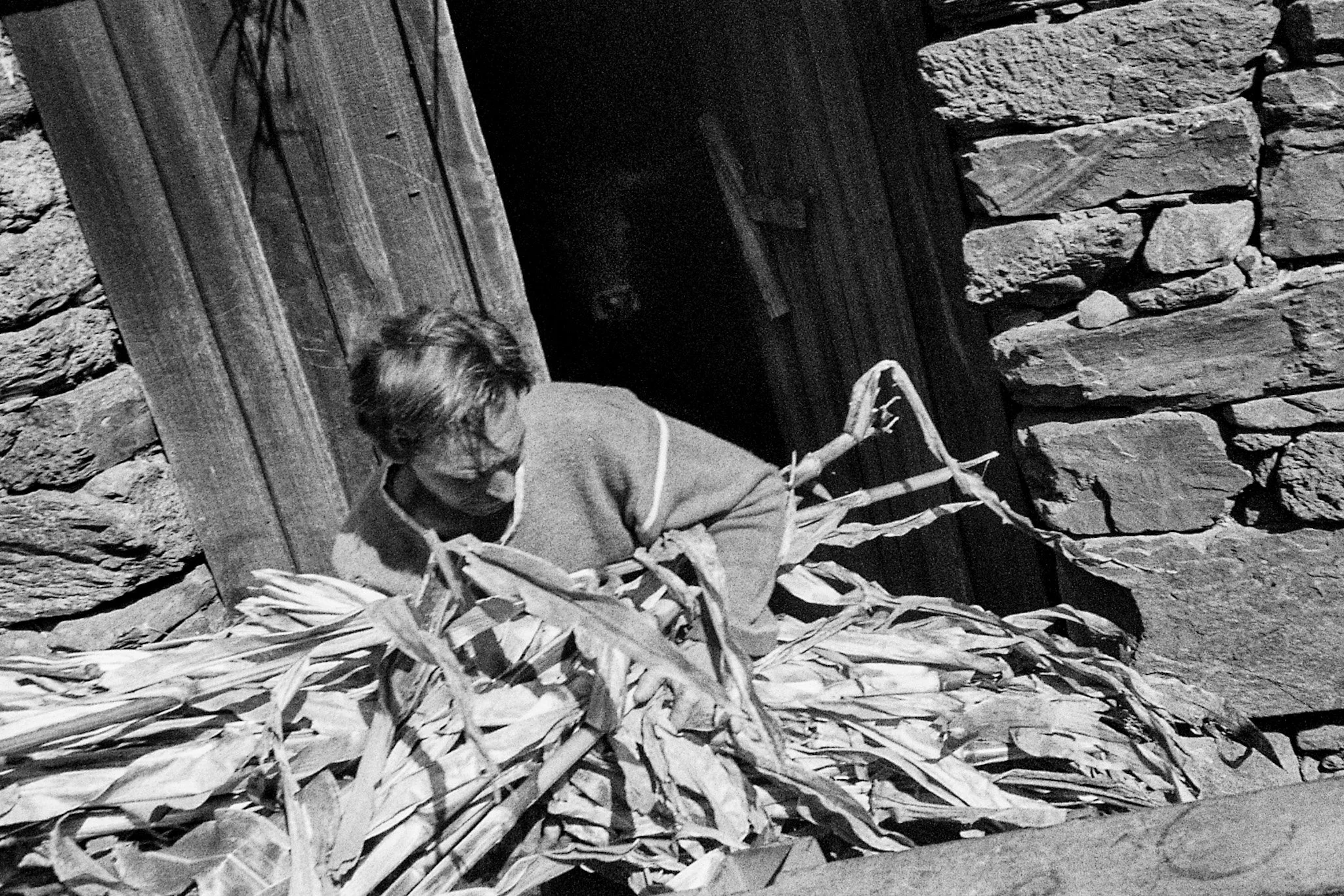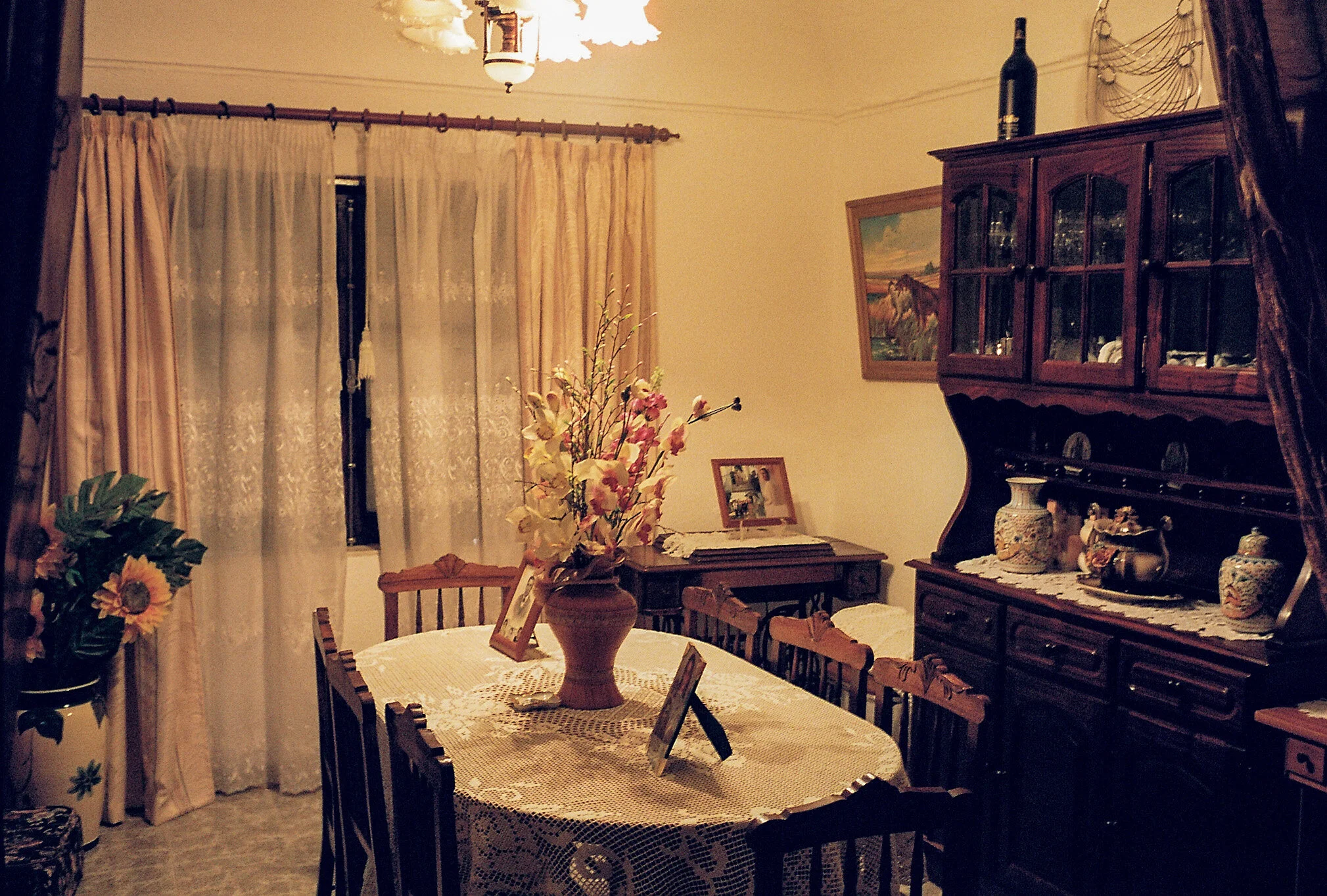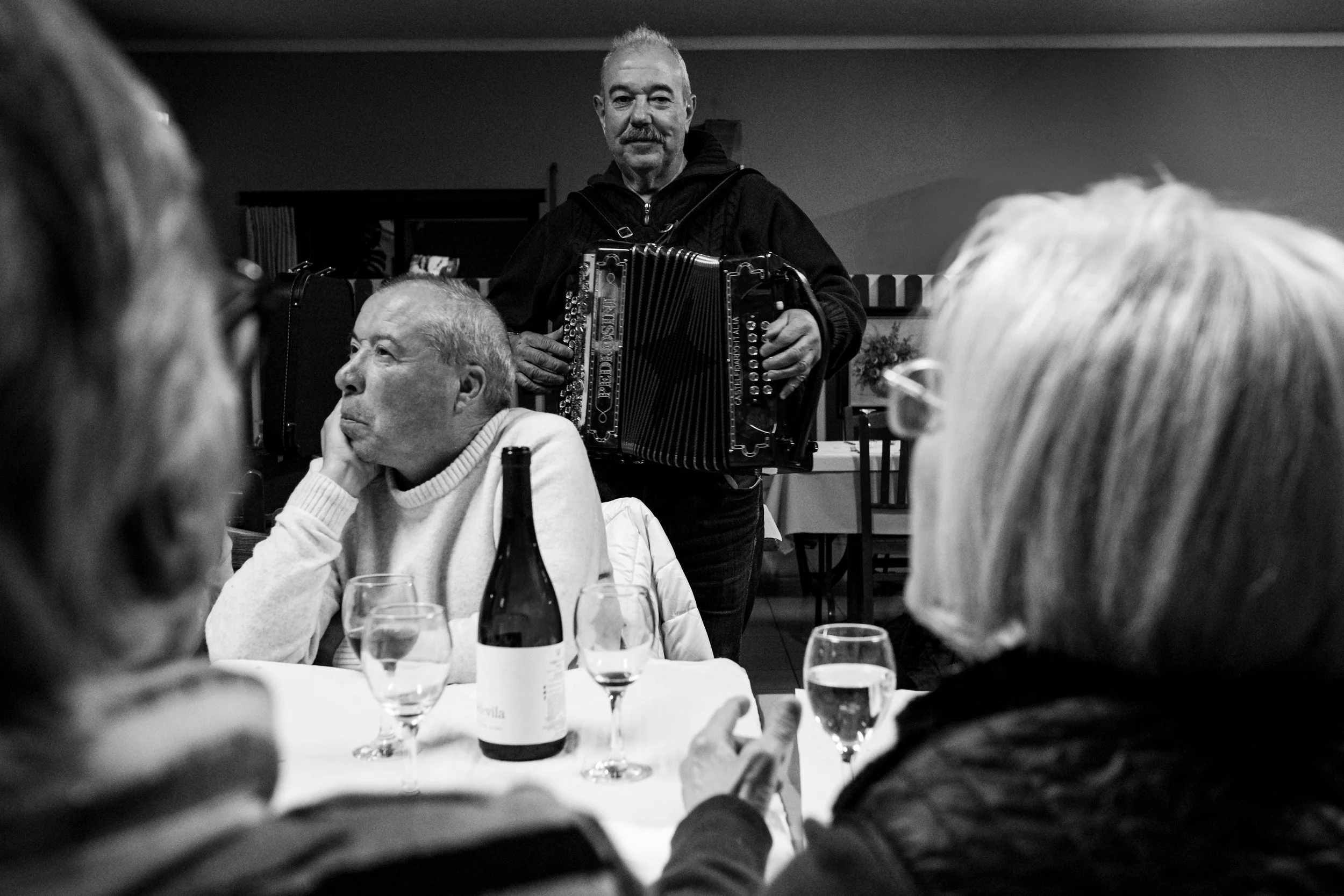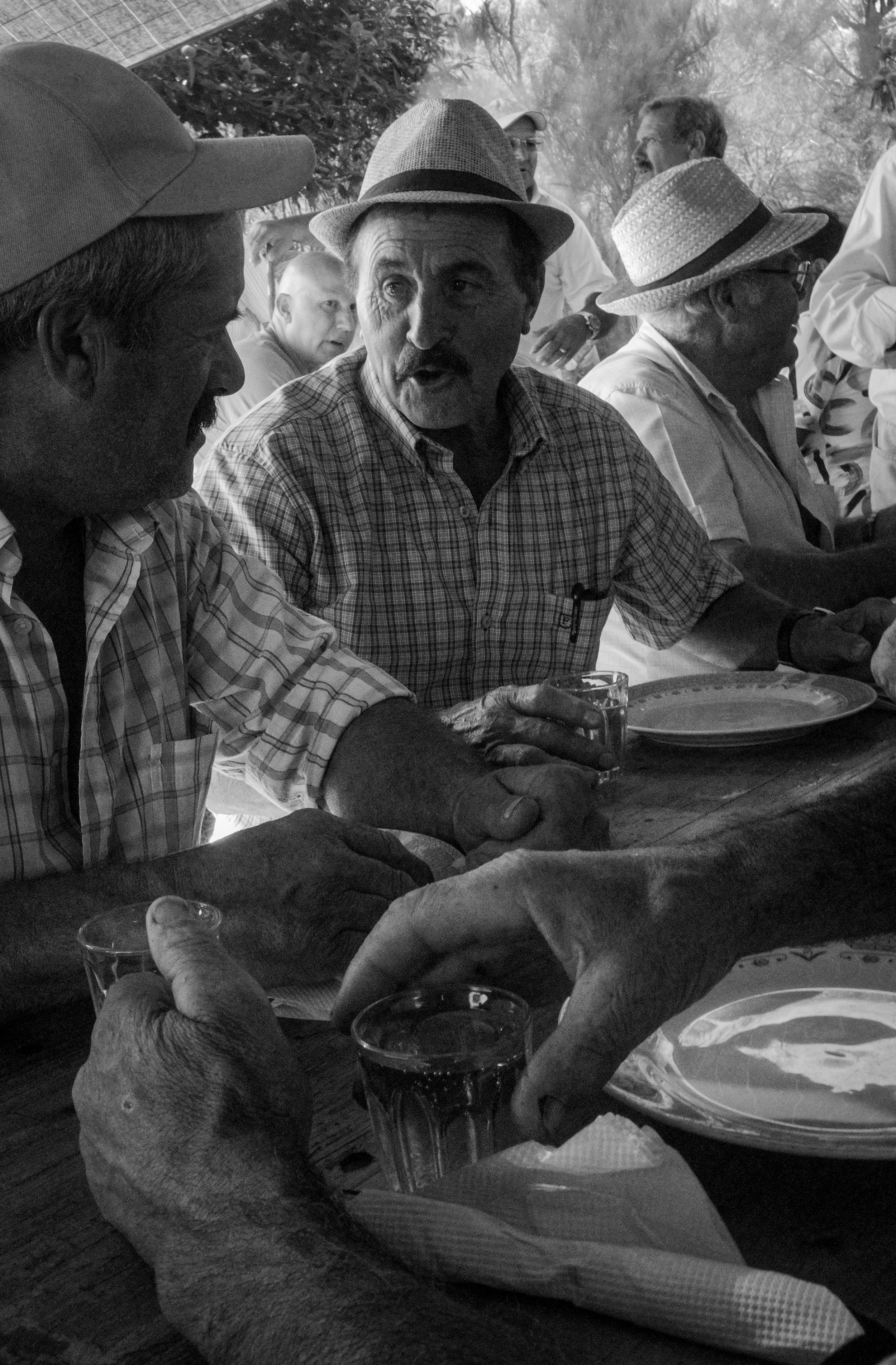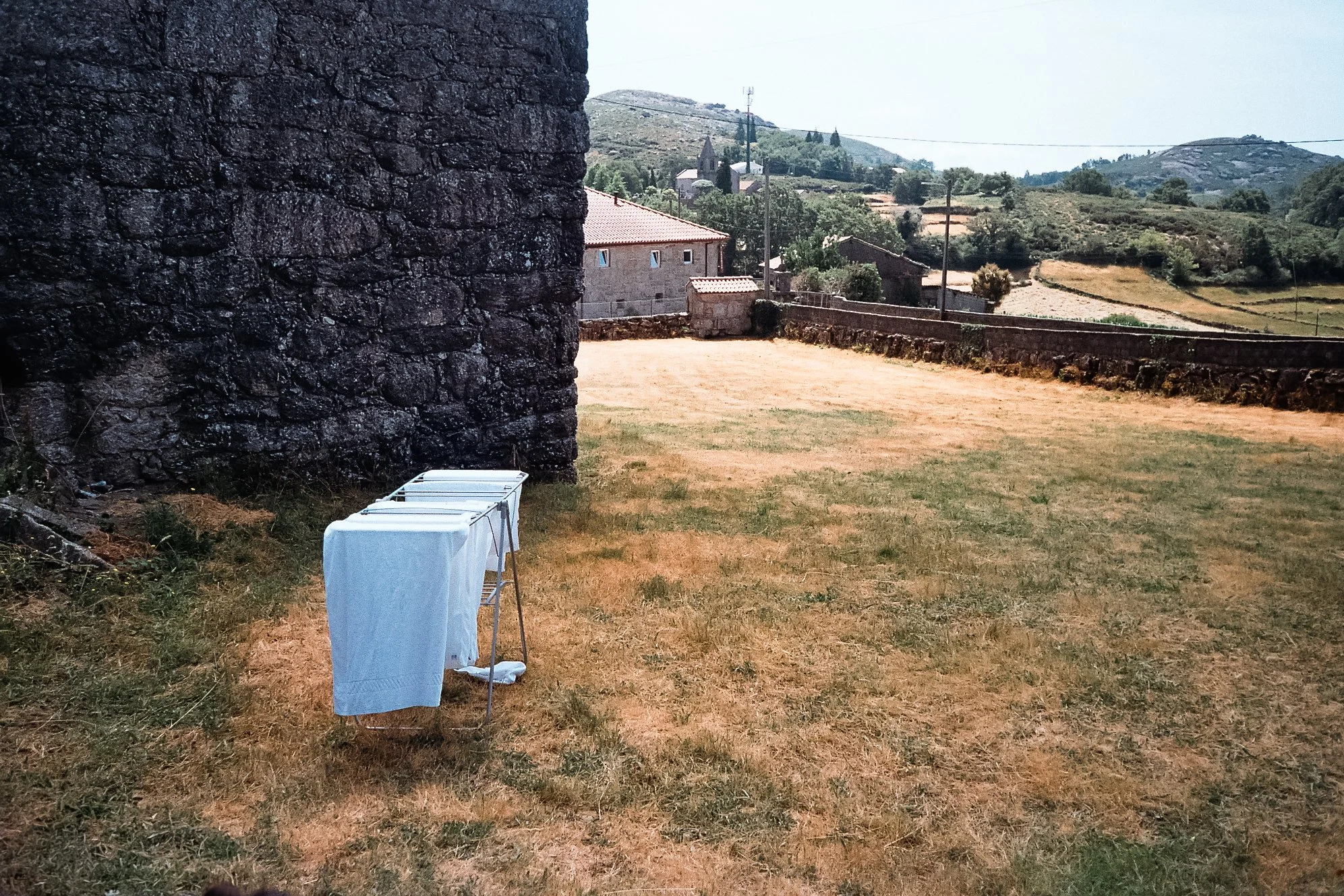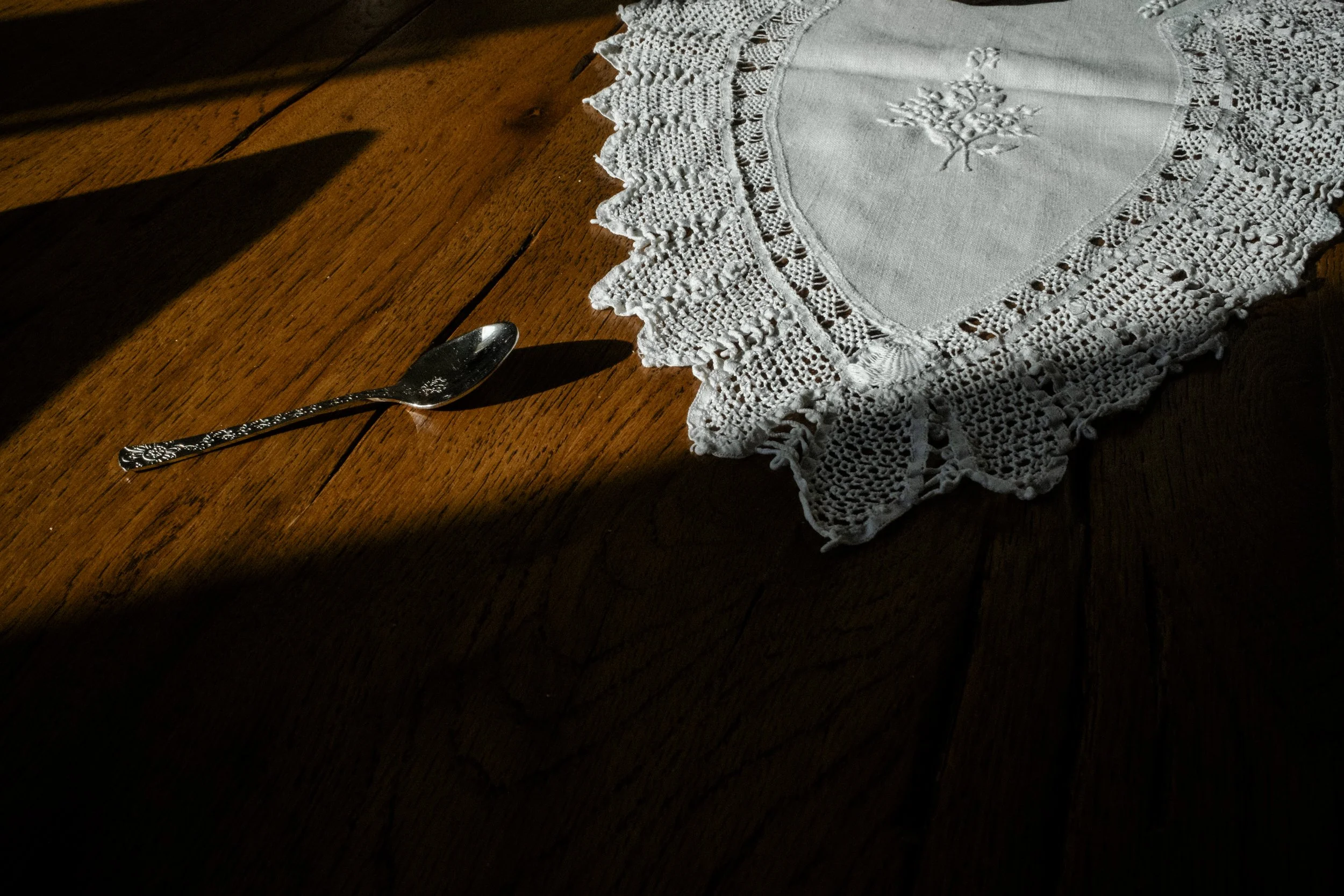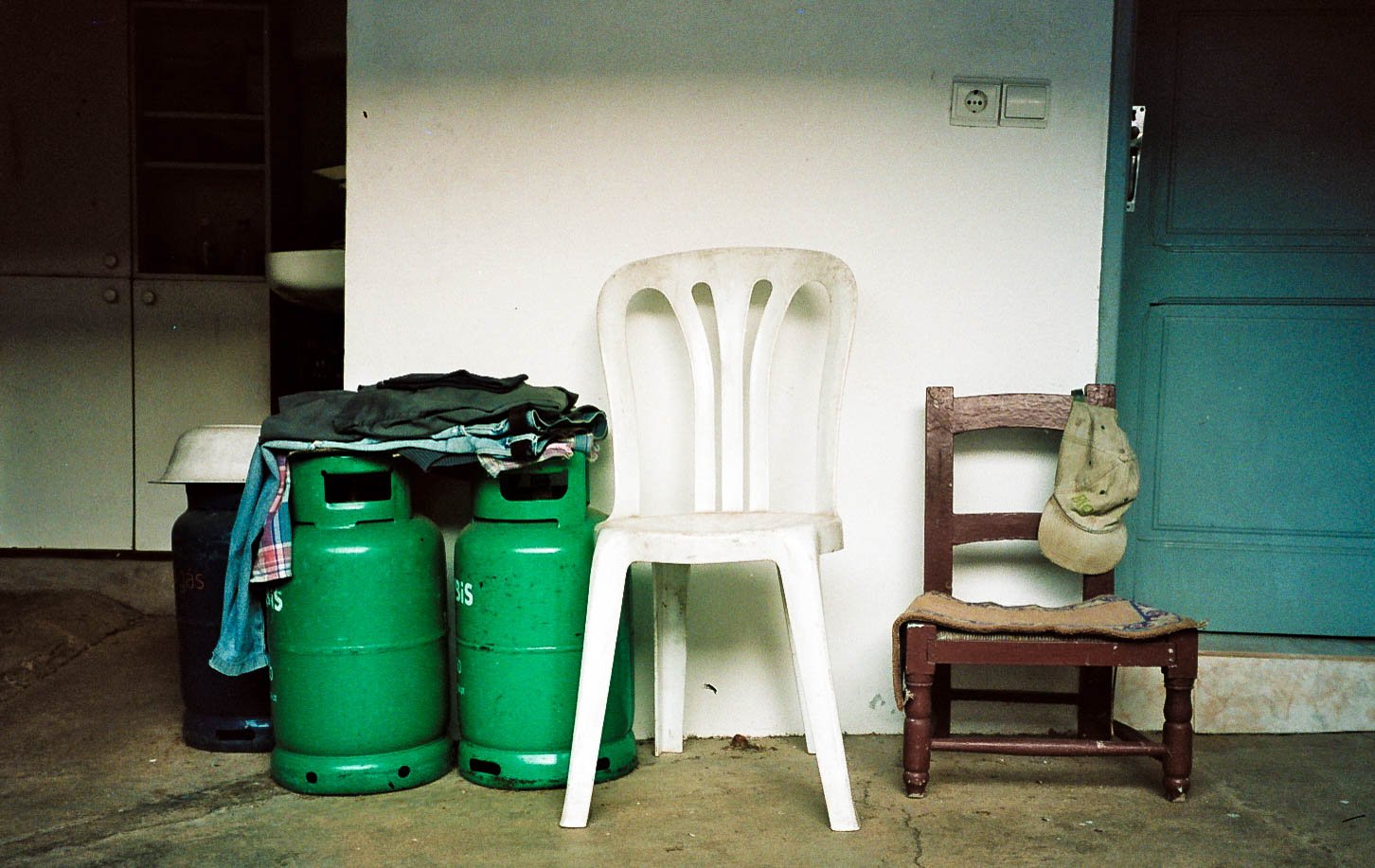“Uma Casa Portuguesa” is a famous Portuguese song from Amália Rodrigues, with lyrics by José Niza, first released in the 1950s. It has become a symbol of Portuguese culture, celebrating home, family, and hospitality.
The title means “A Portuguese House,” and the song depicts a warm, welcoming home where family and friends gather. It highlights the generosity and joy found in everyday life, showing that the true value of a home is in its love and connection, not its size or wealth.
Musically, the song combines traditional Portuguese folk styles with a lively rhythm. It is linked to the Fado genre, known for its emotional melodies, but carries a more cheerful and celebratory tone.
In this project, I aim to capture the essence of Portuguese culture. I want to show the traditions, daily life, and customs that shape Portugal. The project explores both the visible aspects of culture and the deeper sense of community, connection to the land, and warmth that make Portuguese culture unique.
